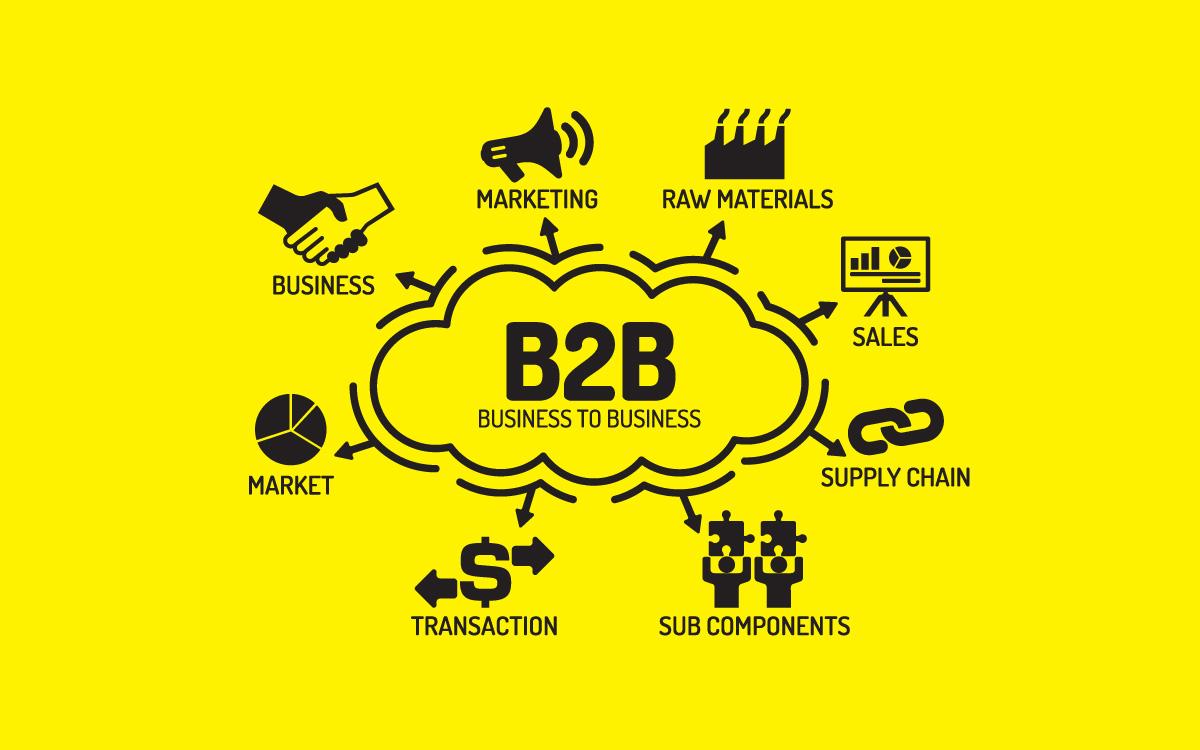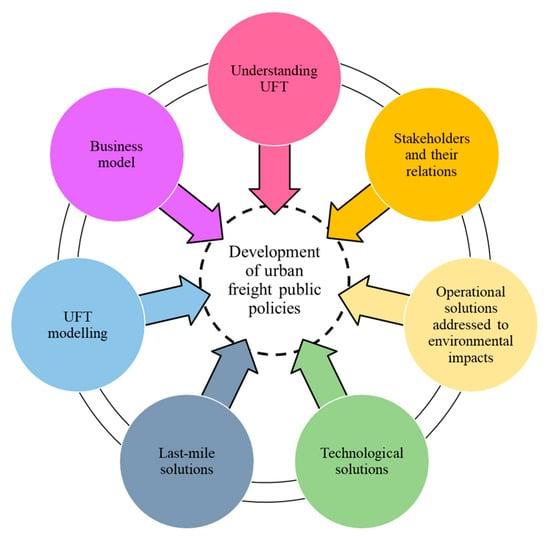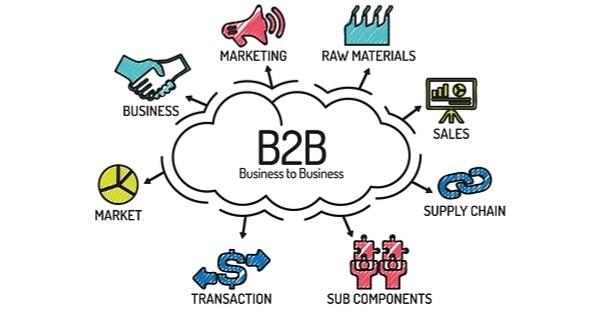In the bustling world of commerce, where goods and services are exchanged at lightning speed, a crucial factor in the success of businesses lies in their ability to efficiently navigate the intricate web of logistics, transport, and shipping. Welcome to the realm of Business-to-Business (B2B) Logistics, where seamless coordination and strategic maneuvers reign supreme. This article delves into the intricacies of B2B logistics, uncovering the inner workings of the transport and shipping industry that keep the wheels of commerce turning. Brace yourself for a journey through the fascinating world of B2B logistics, where efficiency meets innovation to drive businesses forward.
Understanding the Importance of B2B Logistics in Supply Chain Management
Business-to-Business (B2B) logistics, also known as transport and shipping in the supply chain management process, plays a crucial role in ensuring the smooth flow of goods and services between businesses. It involves the coordination, planning, and execution of the movement of products from one company to another, focusing on efficiency and cost-effectiveness.
In B2B logistics, timely delivery, accurate tracking, and secure packaging are essential to meet the needs of businesses and maintain strong partnerships. By utilizing advanced technology, streamlined processes, and reliable transportation networks, companies can optimize their supply chain operations and improve customer satisfaction. Effective B2B logistics management can lead to increased productivity, reduced waste, and ultimately, a competitive edge in the market.

Key Strategies for Efficient B2B Transport Operations
When it comes to running efficient B2B transport operations, it’s crucial to have a solid strategy in place. One key strategy is to optimize your transportation routes by utilizing technology such as GPS tracking and route optimization software. This can help minimize delivery times and reduce fuel costs.
Another important strategy is to establish strong partnerships with reliable carriers and suppliers. By working closely with trusted partners, you can ensure smooth operations and timely deliveries. Additionally, implementing a robust inventory management system can help streamline the supply chain process and prevent delays. Overall, by implementing these key strategies, businesses can improve their B2B logistics operations and stay ahead of the competition.

Maximizing Cost Savings Through Streamlined Shipping Processes
In order to maximize cost savings through streamlined shipping processes in the business-to-business (B2B) sector, companies must focus on optimizing their logistics, transport, and shipping operations. To achieve this, businesses can implement the following strategies:
- Utilize data analytics: By leveraging data analytics tools, companies can gain insights into their shipping processes, identify inefficiencies, and make data-driven decisions to optimize their supply chain.
- Automate where possible: Automation can help streamline shipping processes, reducing manual errors and increasing efficiency. Companies can automate tasks such as order processing, inventory management, and shipment tracking to improve overall productivity.
| Strategy | Benefits |
|---|---|
| Utilize data analytics | Insights into shipping processes, identify inefficiencies, data-driven decisions |
| Automate where possible | Reduce manual errors, increase efficiency, streamline shipping processes |
By implementing these strategies, businesses can not only reduce shipping costs but also improve customer satisfaction through faster and more reliable delivery processes. It is crucial for B2B companies to continuously evaluate and optimize their shipping operations to remain competitive in today’s fast-paced business environment.

Implementing Technology Solutions for Improved B2B Logistics Management
In today’s fast-paced business world, staying ahead of the competition is crucial for success. One of the key areas where companies can gain a competitive edge is through . By harnessing the power of digital tools and systems, businesses can streamline their transportation and shipping processes, resulting in faster and more efficient operations.
With the right technology solutions in place, companies can better track shipments, optimize routes, and communicate effectively with their partners in the supply chain. Whether it’s implementing cloud-based logistics platforms, investing in real-time tracking systems, or leveraging data analytics for better decision-making, the possibilities are endless. By embracing innovation and integrating technology into their logistics operations, businesses can enhance their overall efficiency and customer satisfaction.
Key Takeaways
In conclusion, B2B logistics, transport, and shipping are vital components of the global economy, facilitating the movement of goods and services between businesses. By optimizing supply chains, streamlining processes, and embracing new technologies, organizations can enhance efficiency, reduce costs, and improve customer satisfaction. As the logistics industry continues to evolve, businesses must adapt to meet the ever-changing demands of the marketplace. By staying informed, proactive, and innovative, companies can navigate the complexities of B2B logistics with confidence and success.
